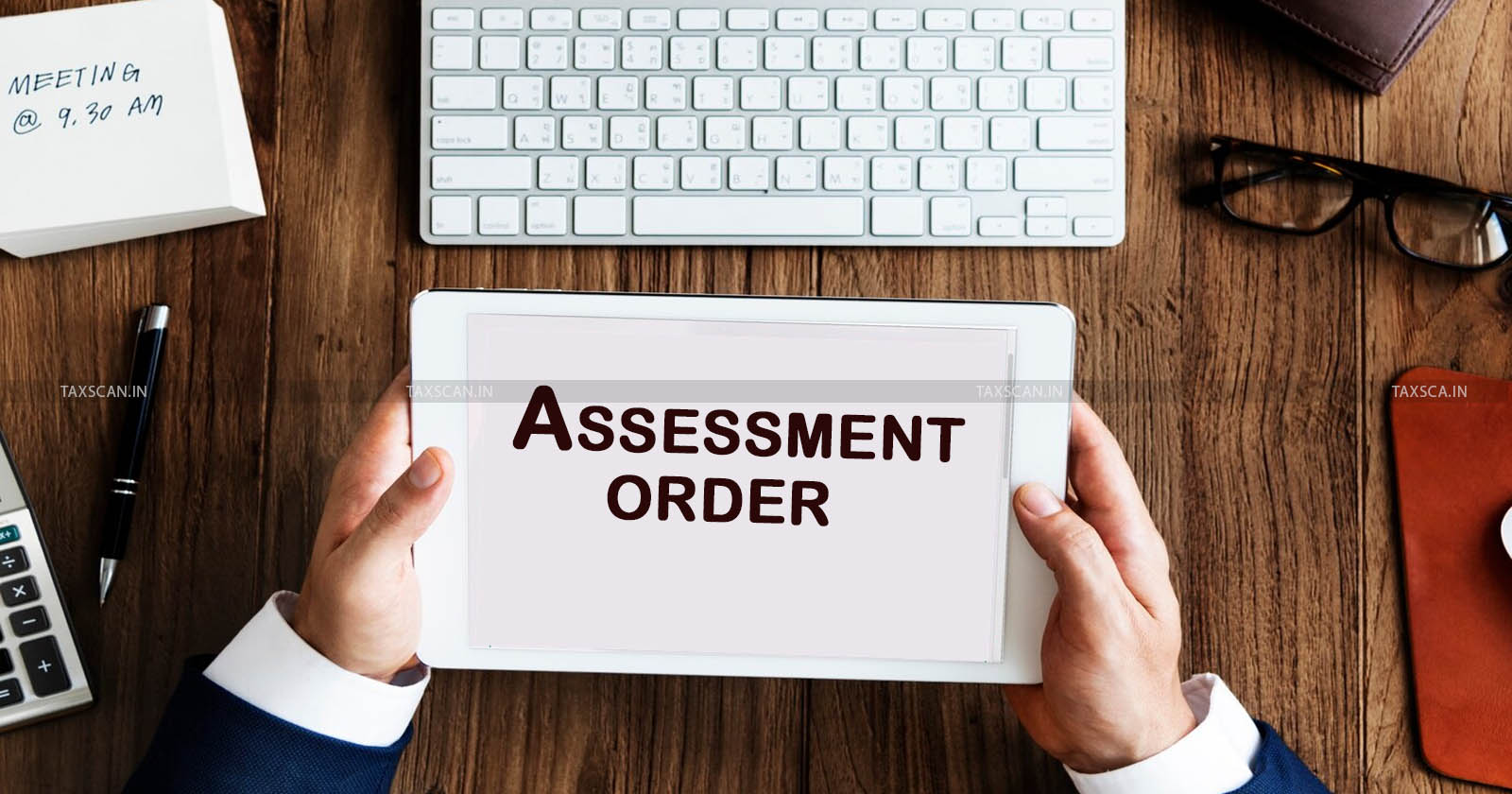Plea Against Constitutional Validity of GST S.16(2) Rejected: Karnataka HC Directs to Pursue Statutory Appeal Against Demand Order [Read Order]
Referring to a similar earlier case, the Court held that the petitioner could file an appeal before the appellate authority within the prescribed three-month period and declined to examine the merits.
![Plea Against Constitutional Validity of GST S.16(2) Rejected: Karnataka HC Directs to Pursue Statutory Appeal Against Demand Order [Read Order] Plea Against Constitutional Validity of GST S.16(2) Rejected: Karnataka HC Directs to Pursue Statutory Appeal Against Demand Order [Read Order]](https://images.taxscan.in/h-upload/2025/06/14/2044249-karnataka-hc-plea-against-constitutional-validity-gst-s162-rejected-taxscan.webp)
The High Court of Karnataka, dismissed a petition challenging the constitutional validity of Section 16(2) of the Central Goods and Service Tax/ State Goods and Service Tax (CGST/SGST) Act, 2017, citing the availability of an alternate remedy under Section 107 of the Karnataka Goods and Services Tax (KGST) Act.
R.S. Enterprises,petitioner-assessee, filed the petition challenging the constitutional validity of Section 16(2) of the CGST/SGST Act, 2017, on the ground that it violated Article 14 and 19(1)(g) of the Constitution, and sought to read down the phrase “has been actually paid” to “ought to have been paid”.
Complete practical guide to Drafting Commercial Contracts -CLICK HERE
The petitioner had also challenged the impugned order dated 19.12.2023 passed by respondent No.1,), and sought consequential relief of certiorari. However, during the course of arguments, the counsel did not press the prayers made in clauses I and II.
The petitioner counsel argued that the order passed by respondent No.1 was time-barred, violated natural justice, and went against the CGST/SGST Act. Hence, the petition was filed before the Court.
The AGA argued that the petition was not maintainable since an effective alternative remedy was available under Section 107 of the KGST Act. He referred to a similar case where the Court had dismissed the writ petition and allowed the petitioner to file an appeal before the appropriate authority.
 Also Read:Remedy of Statutory Appeal is available against Assessment Orders u/s 107 of CGST Act: Kerala HC dismisses Writ Petition [Read Order]
Also Read:Remedy of Statutory Appeal is available against Assessment Orders u/s 107 of CGST Act: Kerala HC dismisses Writ Petition [Read Order]
Justice Pradeep Singh Yerur noted that the case was similar to an earlier one where a writ petition was dismissed due to the availability of an appellate remedy under Section 107 of the KGST Act. The petitioner had argued that the order was passed beyond the three-year time limit under Section 73(10) and was therefore illegal.
Complete GST Act & Rules with amendments made by financial bill, 2025 - Click Here
However, the Court held that an appeal could be filed before the appellate authority within three months of the order, as clearly provided in the law. Since the issue was already decided by a Coordinate Bench, the Court declined to go into the merits.
The petition was dismissed, with liberty to the petitioner to file an appeal. The bench also directed that the time spent in this proceeding be condoned if the petitioner approached the appellate authority.
Support our journalism by subscribing to Taxscan premium. Follow us on Telegram for quick updates

